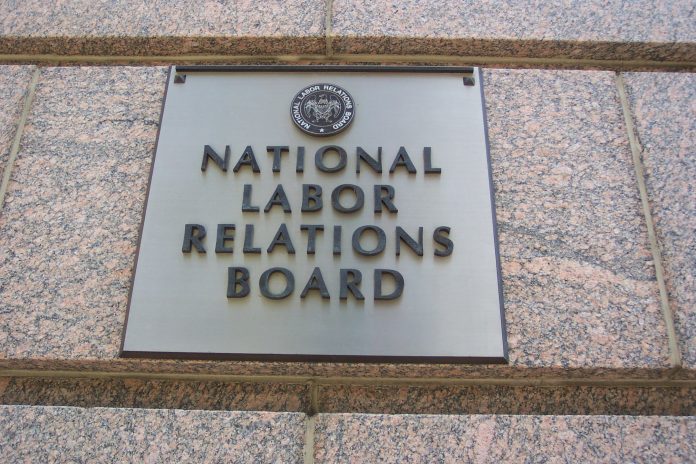NLRB withdraws joint employer rule that attacks the concept of franchised businesses, following Supreme Court rulings that limit executive branch agencies.
by Sean Higgins
The National Labor Relations Board (NLRB) has withdrawn an appeal of a district court ruling that vacated the board’s expansive 2023 “joint employer” rulemaking. The NLRB’s decision was a win for the business community, which faced a potentially vast expansion of corporate legal liability had the board’s appeal succeeded.
The NLRB said it was withdrawing its appeal “to further consider the issues identified in the district court’s opinion” and indicated that it may file a new appeal in the future. The decision follows a series of recent Supreme Court rulings that limited the reach of executive branch agencies like the NLRB. Most notable was the justices’ ruling in Loper Bright, which overturned a precedent known as Chevron that granted the agencies deference in the interpretation of federal laws.
The statement withdrawing the appeal made no reference to the Loper Bright ruling. It may nevertheless have been a factor in the withdrawal since overturning Chevron doctrine means that agencies like the NLRB now face a potentially higher bar to get courts to see their rulemakings as reasonable interpretations of the law. The joint employer rulemaking would have been a tough case.
The joint employer doctrine refers to when one business can be held legally responsible for violations of the National Labor Relations Act at another business. Traditionally, this has required one business to have direct control over the other business, such as when one business is a subsidiary of a larger company.
The 2023 rulemaking would have expanded joint employer to include cases of “indirect control,” a term of art with no clear definition. Hypothetically, any business that had dealings with any other business, even at arms-length, could have been said to exert indirect control over the latter and therefore be held liable for its violations. The rulemaking would have also made businesses liable if they merely had “reserved control” – i.e., the hypothetical ability to influence, regardless of whether they had taken any action – over the second business.
The 2023 rulemaking was applauded by union leaders, who have long struggled to organize franchise businesses. Legally, franchisees are separate businesses that merely rent out the corporate brand from the parent company. Unions must organize franchisees one at a time. The NLRB’s expansion of the joint employer rule would have made it possible for unions to organize entire franchise chains all at once.
The business community, led by the Chamber of Commerce, sued to block the rule. A district court found in March that the NLRB “failed to reasonably address the disruptive impact of the new rule on various industries.”
NLRB General Counsel Jennifer Abruzzo did respond this week to a separate ruling by the Supreme Court in the case Starbucks v. McKinney which found that courts are not obliged to accept the NLRB’s lower standards for issuing injunctions. In a memo to the board’s regional directors, Abruzzo acknowledged the ruling but said the decision does not change her office’s approach to issuing injunctions.
Abruzzo argued that the NLRB injunctions are only issued after a “full evaluation and careful consideration of any factual conflicts or difficult questions of law” and therefore should still survive any legal challenges, even in light of the Supreme Court ruling. “[T]he agency has ample experience litigating… injunctions under that standard,” she said.
It was an admission, however tacit, that the NLRB now faces a tougher legal environment.
Originally published by the Competitive Enterprise Institute. Republished with permission.
For more Budget & Tax News.











